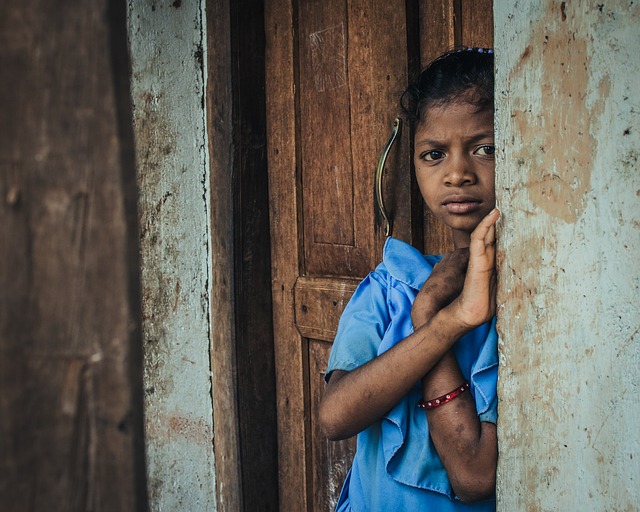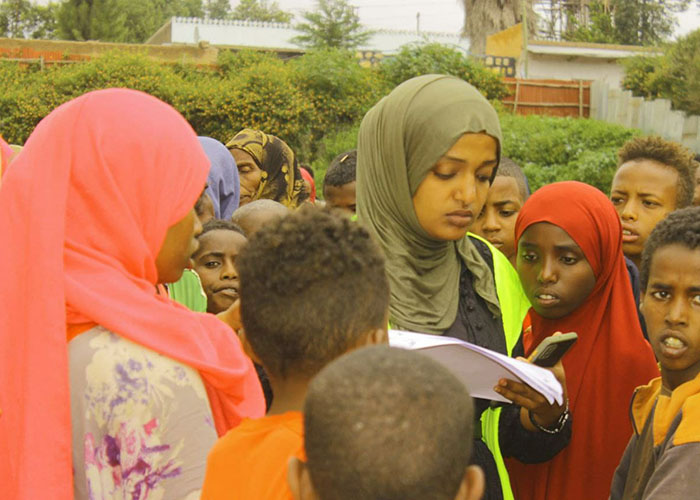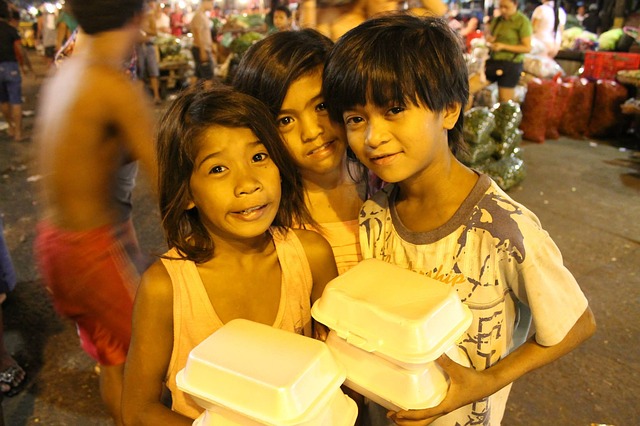Combatting COVID-19’s effect on children
The COVID‑19 pandemic is harming health, social and material well-being of children worldwide, with the poorest children, including homeless children and children in detention, hit hardest. School closures, social distancing and confinement increase the risk of poor nutrition among children, their exposure to domestic violence, increase their anxiety and stress, and reduce access to vital family and care services. Widespread digitalisation mitigates the education loss caused by school-closures, but the poorest children are least likely to live in good home-learning environments with internet connection. Furthermore, increased unsupervised on-line internet use has magnified issues around sexual exploitation and cyber-bullying.
“The knock-on impacts of Covid-19 are far more widespread than the virus itself, pushing millions of the world’s poorest people deeper into hunger and poverty. It is vital governments contain the spread of this deadly disease, but they must also prevent it killing as many – if not more – people from hunger,” said the chief executive of Oxfam GB, Danny Sriskandarajah.
Immediate government measures need to ensure that children have access to good food, receive protection against child abuse and neglect, have continued access to child physical and mental health services, and can navigate safely on the internet. Policies also need to support parental employment since it is key to fighting child poverty.
Travel restrictions were also hitting food supplies by preventing farmers from hiring workers and small-scale producers from accessing their own fields.
Read our other Blogs for updates







 by
by